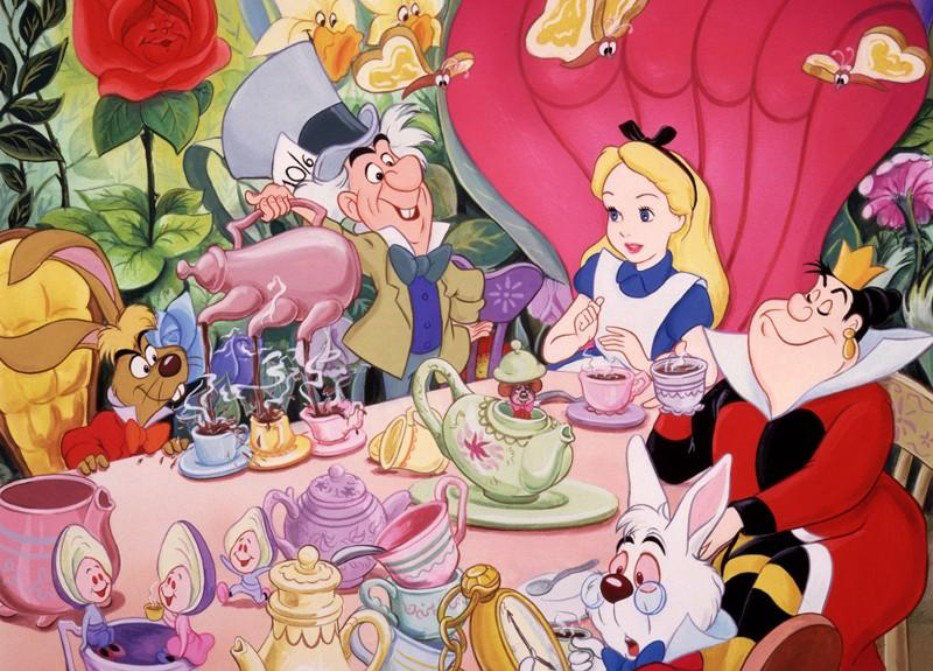The TPP and the SME: what the Trans Pacific Partnership means for small business NZ

Though many thought the deal was dead, after a gruelling, controversial and secretive five years of tense negotiations, an agreement has finally been struck. Now the details are starting to emerge.
Trade minister and long-time TPP workhorse, Tim Groser, says that the deal gives New Zealand significantly better access to 11 important markets across Asia and the Pacific, and access to the world’s biggest consumer market, the US.
He says once the TPP is fully phased in, tariffs will be eliminated on 93% of New Zealand’s trade with its new partners, representing $259 million of tariff savings a year.
Of course New Zealand must remove its own tariffs on imports from TPP countries too. The government has offered an estimate that this will mean foregoing revenue of around $20 million a year.
“New Zealand is already an open, transparent and trade-friendly country,” says Groser, “which means only a fraction of TPP’s obligations will require changes to our current practices.”
.jpg) Image: World Economic Forum
Image: World Economic Forum
Simply put, the signing of the TPP looks like it will be a huge boon for the majority of exporters and most likely a minimal disruption for importers.
Rick Shera, partner at Lowndes Jordan, says that from an SME perspective, especially those exporting, the deal looks good.
“Wine, honey, meat, forestry, all of those have had reasonably good reductions of tariffs into the countries we export into,” he says. “And if you’re an importer it’s probably not going to make much of a difference.”
“With an agreement like this however, each of [the agreement’s] sections are negotiated separately, so there is a lot of room for inconsistencies. We’ll have to wait to see the text, because even a minor change can have an impact.”

Image: Rick Shera, partner at Lowndes Jordan
Pramuk Perera, doctoral researcher on international business, University of Otago, is taking a a similarly optimistic view of what the deal means for small and medium sized businesses in New Zealand, with certain caveats.
“It is up to New Zealand businesses to get the most out of this deal,” he says. “The good news is New Zealand has nothing much to lose in any trade deal as we have fewer barriers to incoming products and services from the world.”
Perera says the agreement will give New Zealand businesses access to multiple new markets, reducing our reliance on China and Australia and improving the country’s efforts towards ongoing business sustainability.
“It’s still not too late for SMEs to explore partner markets, identify business partners, and identify business models in order to make a timely entry into these new markets and demand a better price for their products and services,” he says.
“But SMEs need to jump in and get the job done. Government can only facilitate, and I think the New Zealand government has done a great job to date. It is now New Zealand firms’ job to make it happen.”

Image: Pramuk Perera, doctoral researcher on international business at the University of Otago
New Zealand companies need to move away from just selling products and services, he says, and should try their best to exploit the avenues opened up by the TPP to “build their brands”.
“Having a level playing field is good for business, but that does not make us unique in the consumer’s mind,” he says. “Only brand and image can do that, and bring us more revenue than our competitors”.
So that leaves the question on everyone’s lips: what about dairy?
That, says outspoken TPP critic Professor Jane Kelsey, is the rub.
“While Australia was fighting US demands on medicines, our government seemed to be lost in action and obsessed with selling more dairy,’ says Professor Kelsey.
“I suspect any new dairy access is largely smoke and mirrors, with quotas on carefully selected products and subject to safeguards should increased New Zealand imports impact on America’s domestic agriculture. The problem is we can’t see the details to assess that”.
“The government is bound to spin the benefits like crazy, knowing that we won’t get to see the real deal for another month. The Minister needs to release the full details immediately.”

Image: Professor Jane Kelsey, University of Auckland
Perera however, takes the failure to secure a better deal for dairy as a different type of challenge.
“We have not received what we really expected for our dairy industry, our largest export revenue generating industry in the country. In my view this is good news.”
“Now we will realise that we cannot rely too much only on dairy. There are other industries we must develop to balance our economy and this deal will push us to do that. So I consider this as an opportunity and must consider having a dedicated body to develop our SMEs. In my view, NZTE is focused on the biggest players, but there can be small butterflies that can create tornados.”
—
The TPP will now go through the parliamentary process, and is expected to come into force within two years.




